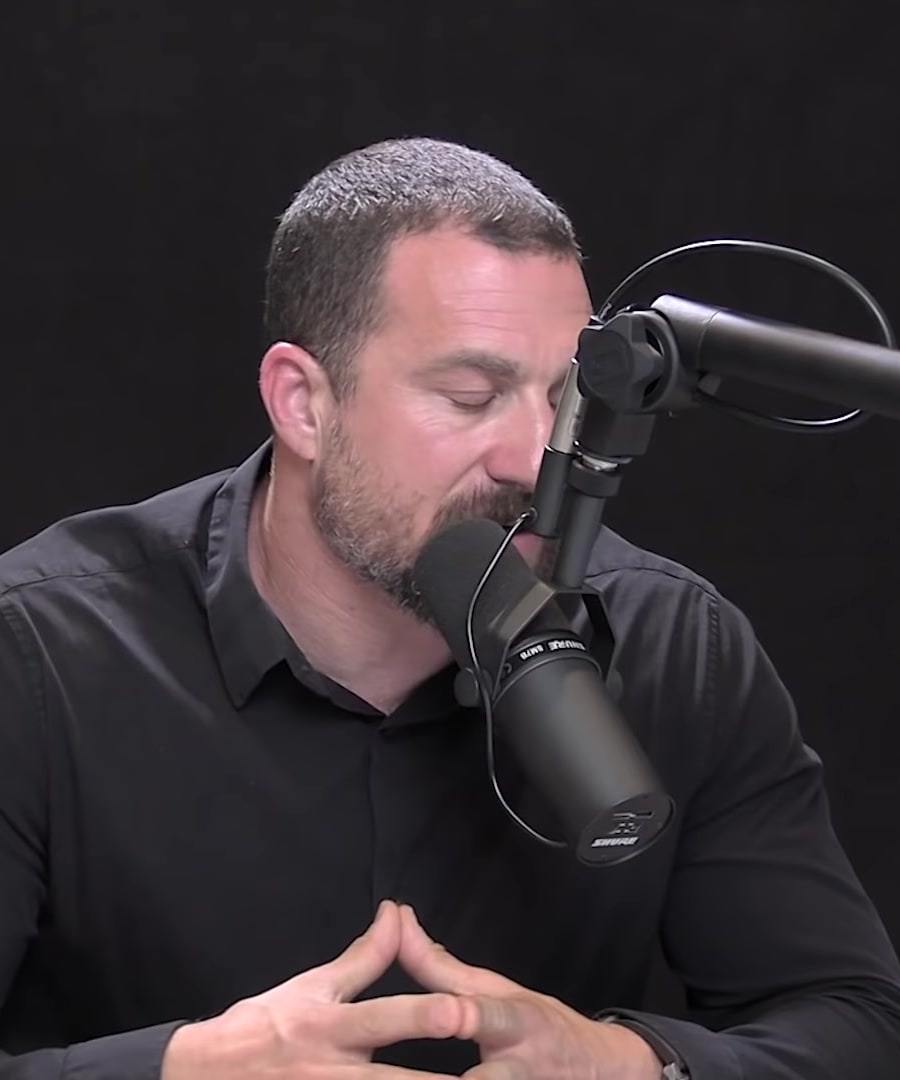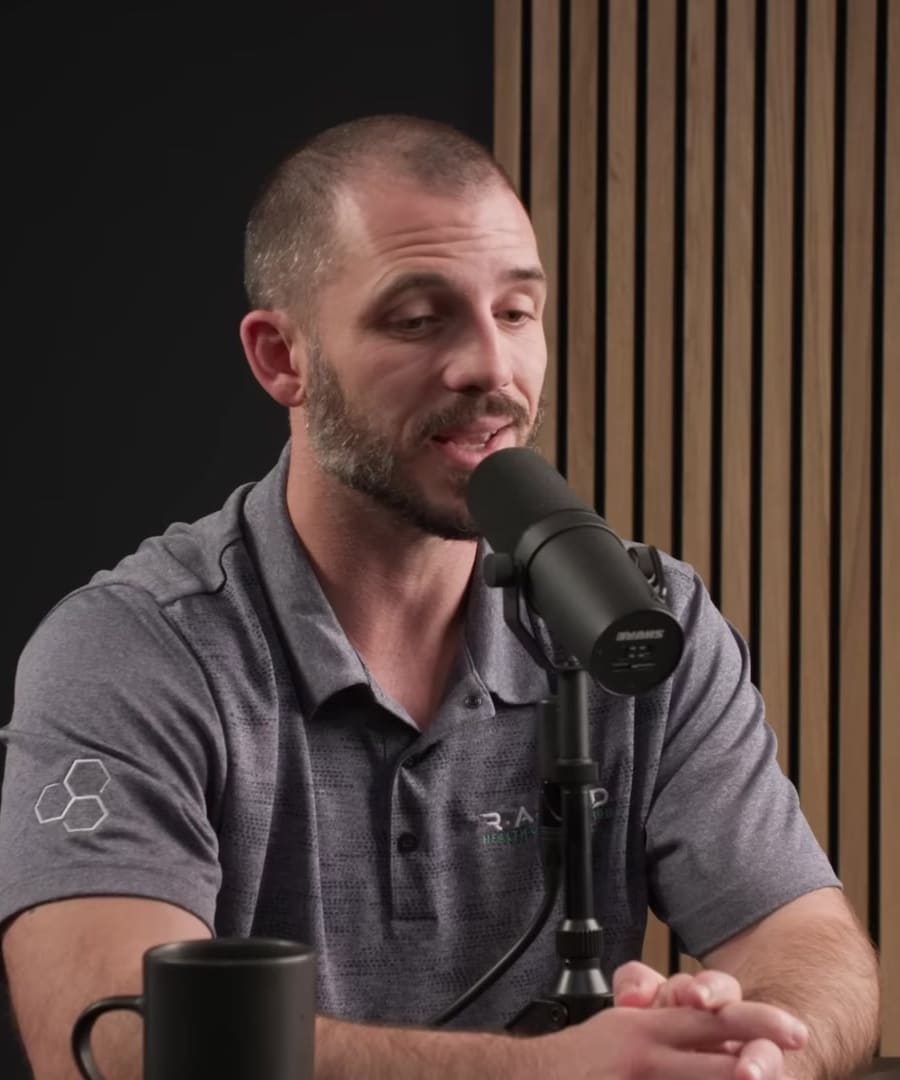How does creatine help
Sources:
Creatine offers various benefits, as explained by and other experts on the . Here are some of the key points:
-
Muscle Performance and Strength: Creatine increases phosphocreatine levels in muscles, enhancing power output during high-intensity activities, and aiding in muscle recovery and hypertrophy. It also helps draw water into muscle cells, contributing to increased muscle mass 1 2.
-
Cognitive Benefits: The phosphocreatine system in the brain uses creatine as a fuel source, which can improve cognitive functions such as memory, executive function, and potentially mood regulation. There's ongoing research into its effects on neurodegenerative diseases and conditions like depression 2 3.
-
Mood Improvement: Creatine has been found to enhance the effectiveness of SSRIs in treating depression. It affects the phosphocreatine system in the forebrain, which is linked to mood regulation and neuroplasticity, potentially leading to improved mood and treatment of depressive symptoms 4 5.
-
Decreased Fatigue and Recovery: Creatine reduces fatigue and improves recovery from muscle damage, making it beneficial for both athletic and general fitness purposes 1.
-
Other Physical Benefits: Creatine can help improve bone mineral density and aid in fat loss. Although it's not primarily a fat burner, its ability to enhance muscle mass and performance can indirectly contribute to fat loss 6.
-
Minimal Side Effects: Overall, creatine is considered safe for most people when taken in appropriate doses (typically 3-5 grams per day). It's relatively affordable and widely researched, with minimal side effects for the majority of users 3 7.
In summary, creatine is a versatile supplement with numerous benefits for muscle performance, cognitive function, mood improvement, and overall physical health.
RELATED QUESTIONS-
How does creatine help
- RELATED QUESTIONS






